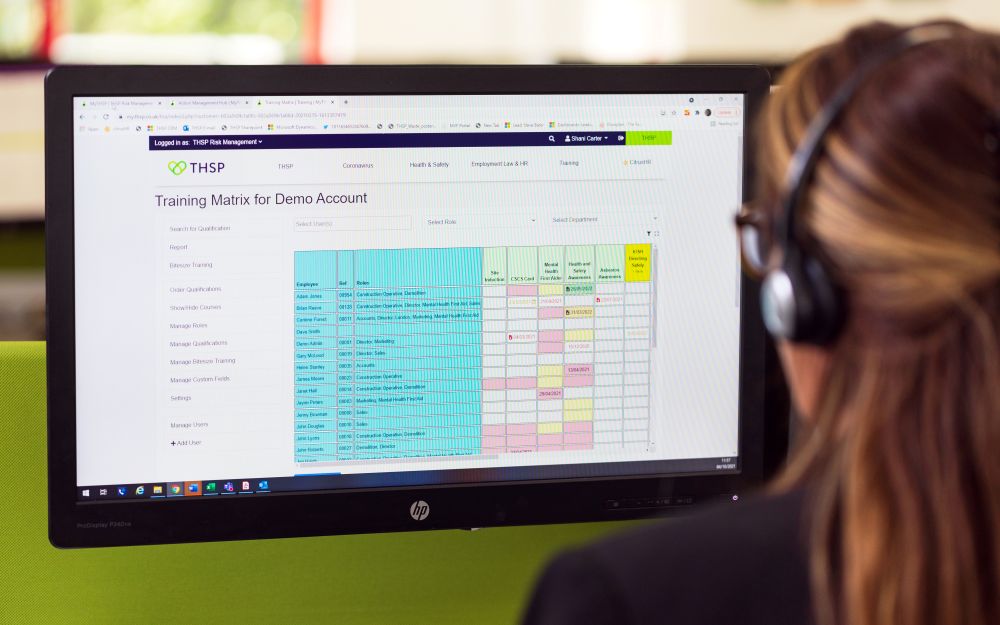Record-keeping may not be the most exciting aspect of management, but it is one of the most crucial.
As a line manager, maintaining both accurate and thorough records gives both you, and your business, the confidence in handling whatever comes your way.
From legal compliance to managing team performance, proper documentation and records play a vital role in protecting you, your business and your employees.
Imagine this scenario: HR requests an explanation for the denied promotion of a member of your team, and the individual in question claims they never received any prior feedback about their performance; or this one: you ask HR to assist you in managing an employee “who is never at work” and they request the absence records and any supporting documentation.
Without your documented records of performance reviews and feedback or absence records and return to work meeting records, defending your decisions or getting the right support from HR for you, and your team member, becomes substantially more challenging.
Proper record-keeping ensures transparency, accountability, and fairness in all managerial decisions.
Whilst the best time to implement strong record-keeping practices was yesterday, the second-best time is today, so what are the best practices you need to be implementing into your systems?
Security:
Where are you going to hold your records and who needs access to them? Employee records need to be held securely and in compliance with data protection regulations – this is personal data you are handling here – does your business have a compliant HR Management software? Or do you have a space on your server or in the cloud where you can feel confident of privacy.
Ensure that you are following Data Protection rules as well as your own Company policies. Do your notes need to adhere to a file naming practice to help identify and manage them effectively?
Always date your notes:
Date your notes both in the body of the note and in the file name. Dating notes, especially as part of a file name allows you to easily, and efficiently, find the note again as well as manage your notes as they age.
You need to ensure that you are only holding records for the required retention period – whether that’s based on contracts, legislation or industry best practice. Your HR software can help here too!
Consistency of Approach:
Develop a consistent approach to your record keeping systems and adhere to it. Review and update your notes regularly to maintain the accuracy and relevance of the data you are holding.
Management Changes:
Team structures and management roles evolve over time, but well-documented records remain a reliable resource.
Well-documented records support fair and defensible decision-making in line with company policies and legal requirements and is a fundamental responsibility with far-reaching implications.
By maintaining accurate and organised records, line managers can protect themselves, their teams, and their business from potential risks.

